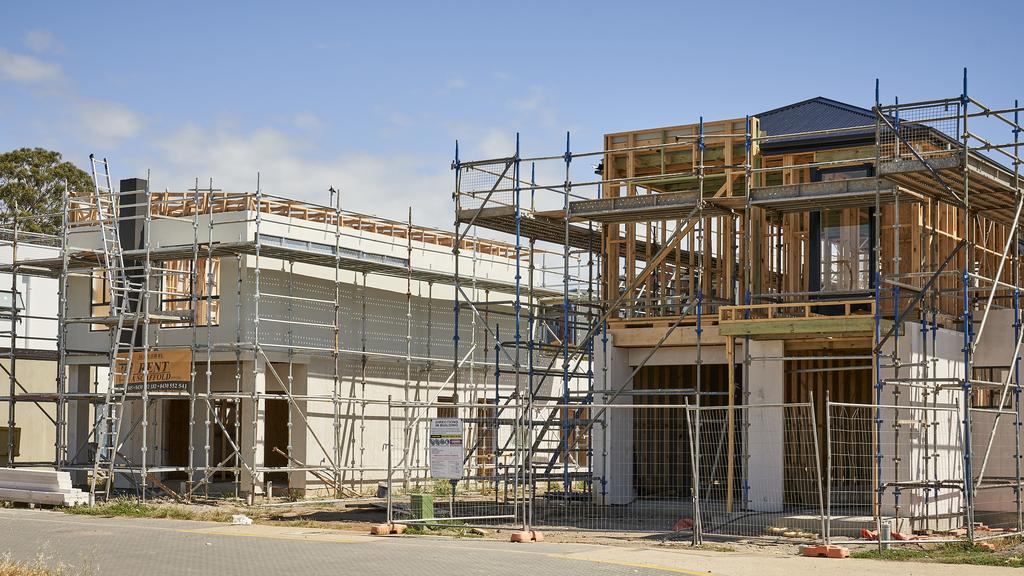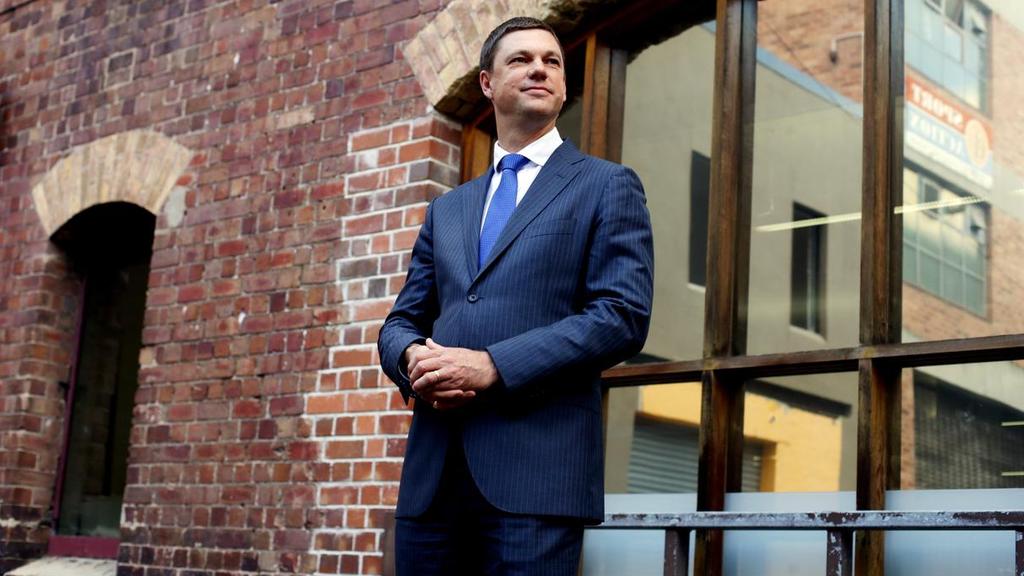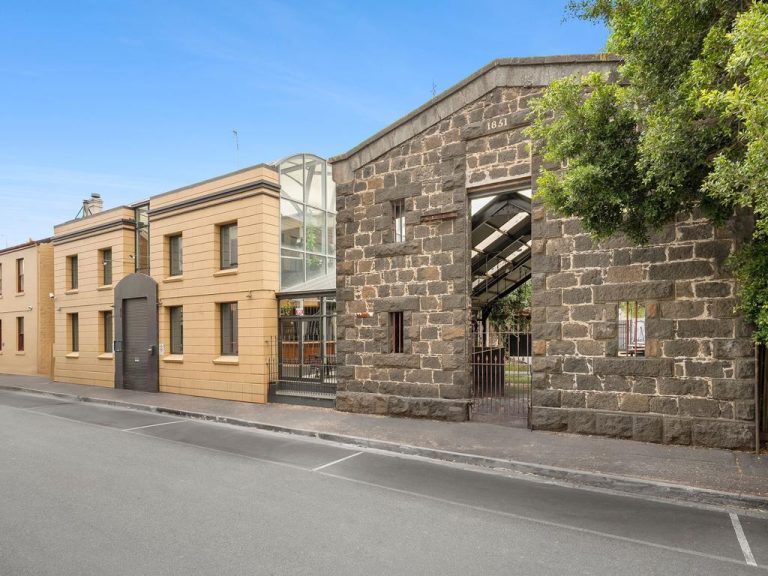Housing supply top of property industry election wishlist

Industry groups are calling housing supply to be addressed through the election. Picture: Matt Loxton
Confidence in the property market has fallen in the lead-up to the federal election, as the residential sector takes a hit amid sliding home prices in some formerly rising areas.
The latest ANZ/Property Council of Australia survey for the March quarter revealed a 5 index point national decline in confidence within the property sector. While broadly based, the change was most noticeable in the ACT (down 15 points), Victoria (down 8 points) and NSW (down 7 points).
The result was influenced by uncertainty from the war between Ukraine and Russia and the federal election, alongside easing house price expectations and anticipated interest rate rises in coming months. However, confidence is still above the data series’ long-term average and pre-pandemic levels.
Housing affordability and supply were the most significant issues the industry wanted the federal government to address in the lead-up to the election, increasing to more than 30 per cent on last quarter’s results. Energy, environment and emissions ranked second, while cities and infrastructure listed third.
Property Council chief executive Ken Morrison said that despite planning being largely a state and local government issue, a national cabinet should be established to tackle the problem of housing supply head-on.

Property Council chief executive Ken Morrison says housing affordability is a much bigger political issue than it has been in the past. Picture: Sam Mooy
“We’re waiting for both sides of government to recognise that housing supply is a big issue and is central to people’s concerns about housing affordability, and neither side has done that so far,” Mr Morrison said.
“Housing affordability is a much bigger political issue than it has been in the past and that’s because it’s a real issue which is set to get worse, not better.”
Future-proofing the housing market for the next generation of Australians is also on the agenda of the Real Estate Institute of Australia, with national president Hayden Groves saying housing supply must also be tackled in future budget cycles to lift the number of homes by as much as 40 per cent in the longer term. He also called for the end of stamp duty.
“It’s time to axe the tax, and the next government must prioritise the removal of stamp duty as the single biggest tax deterrent to housing supply, affordability, and the dream of owning a home,” Mr Groves said.
The PCA survey revealed continued improvements in commercial property confidence in recent months. Retail, while still in negative sentiment territory, has improved from pandemic lows, while the office sector is still challenged in the medium term as businesses and property owners tackle the balance of working from home.
ANZ senior economist Felicity Emmett said the overall result of the survey highlighted resilience.
“Even though firms are overwhelmingly expecting interest rates to go higher in the next 12 months, they’re still very positive about the outlook,” Ms Emmett said. “So I think that really speaks to the resilience in the sector.”
Only 5 per cent of those in the industry expect the Covid-19 situation to worsen and impact their business, with 62 per cent believing the handling of the virus will improve.
Affordability is a much bigger political issue than it has been







